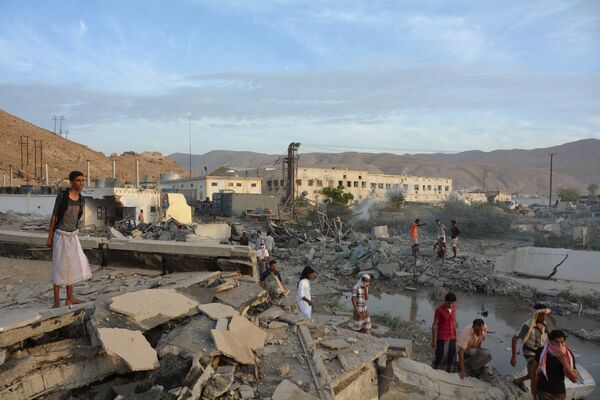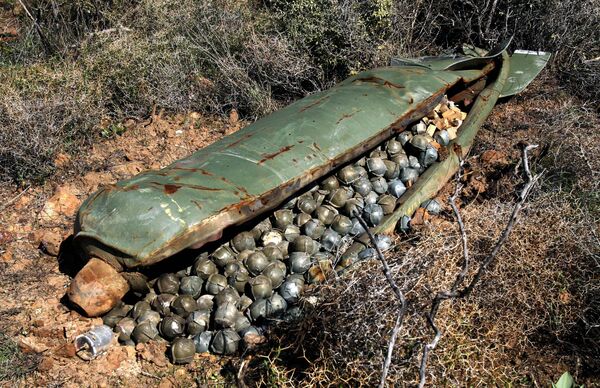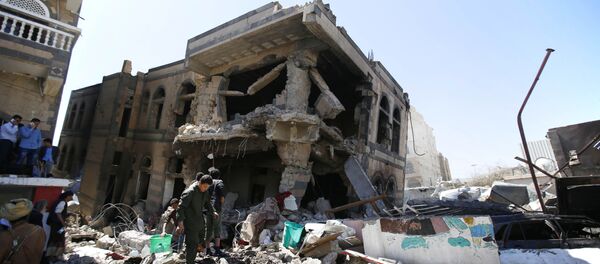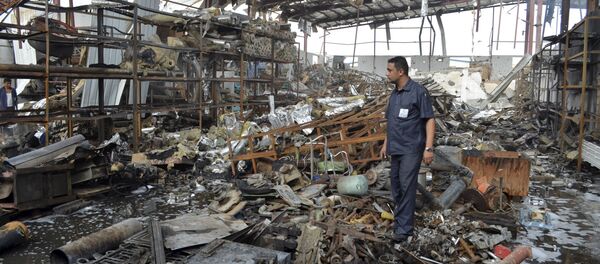The interview came after the Human Rights Watch called on Washington to stop producing the cluster bombs that Saudi Arabia has used against Yemen.
"We don't have a comprehensible picture of that, but scores of people have reportedly died in the cluster bomb attacks. Even one civilian dying is too many, "she said.
Wille added that there are companies in the United States within the military-industrial complex that are unwilling to stop producing cluster bombs.

"This is a money-making industry in the United States, where a powerful lobby is in place to make sure that cluster munitions can continue to be sold," she added.
She also pointed the finger at the coalition for showing little concern for the lives of civilians in Yemen while staging cluster bomb strikes there.
"There is a lack of care on the side of the coalition to abide by the general principles of the laws of war when conducting such attacks. If the coalition adhered to these principles, it could dramatically reduce the number of civilians killed," she said.
According to the organization' latest report, the munitions exported to Saudi Arabia could fail to meet US export law, which provides for a "reliability rate of better that 99 percent".

This means that the bomb can only be sold as long as the manufacturer guarantees more than 99 percent of its ordnance goes off.
Earlier identified by the Human Rights Watch, the CBU-58 cluster bombs and BLU-63 submunitions were reportedly developed by the United States during the Vietnam War and are designed to attack personnel and lightly protected materiel. As for the submunitions, they also contain 5-gram titanium pellets that have an incendiary effect on flammable targets, rights activists said.




